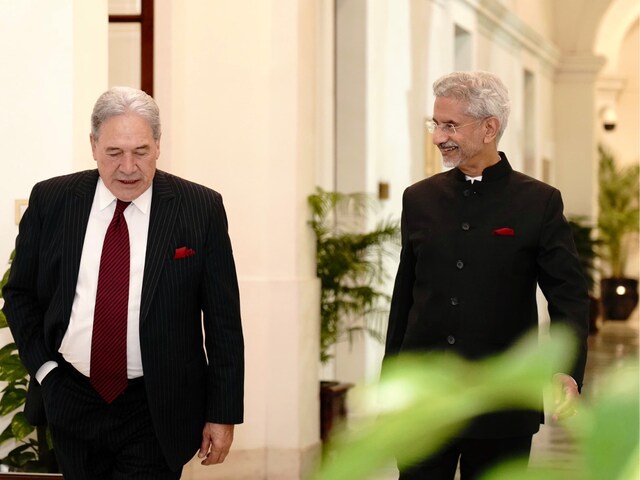- Views: 844
- Replies: 11

A diplomatic row between India and Canada continues to simmer as New Zealand raises questions about Canada's allegations concerning India's involvement in the death of a designated terrorist leader.
Winston Peters, New Zealand's Deputy Prime Minister and Foreign Minister, stated in an interview with The Indian Express that Canada has provided no substantial evidence to back its accusations.
The controversy centers around the killing of Hardeep Singh Nijjar, chief of the banned Khalistan Tiger Force and a designated terrorist by the Indian government. Nijjar was shot dead outside a gurdwara in British Columbia, Canada, in June.
Canadian authorities have made allegations about potential links between Nijjar's killing and Indian operatives, prompting strong denials from India.
Peters' comments about the lack of evidence fuel speculation about the strength of Canada's claims. This development highlights growing tensions and a lack of transparency that could hinder a diplomatic resolution to the situation.
The death of Nijjar has brought the activities of Sikh separatist groups back under the spotlight. The Khalistan Tiger Force has been a long-standing security concern for India due to its alleged role in violent and terrorist acts.
India refutes any connection to Nijjar's killing, asserting that Canada's allegations are without foundation and guided by political agendas.
Investigations into Nijjar's death remain inconclusive, leaving significant questions unanswered and creating a complex diplomatic challenge for India and Canada.
Both nations must carefully balance their own interests while working towards a resolution that adheres to the principles of international diplomacy and cooperation.


